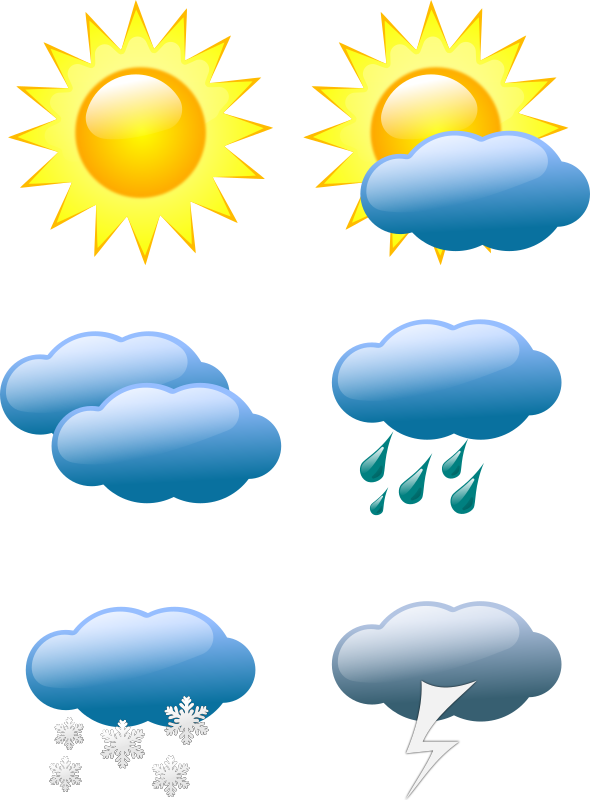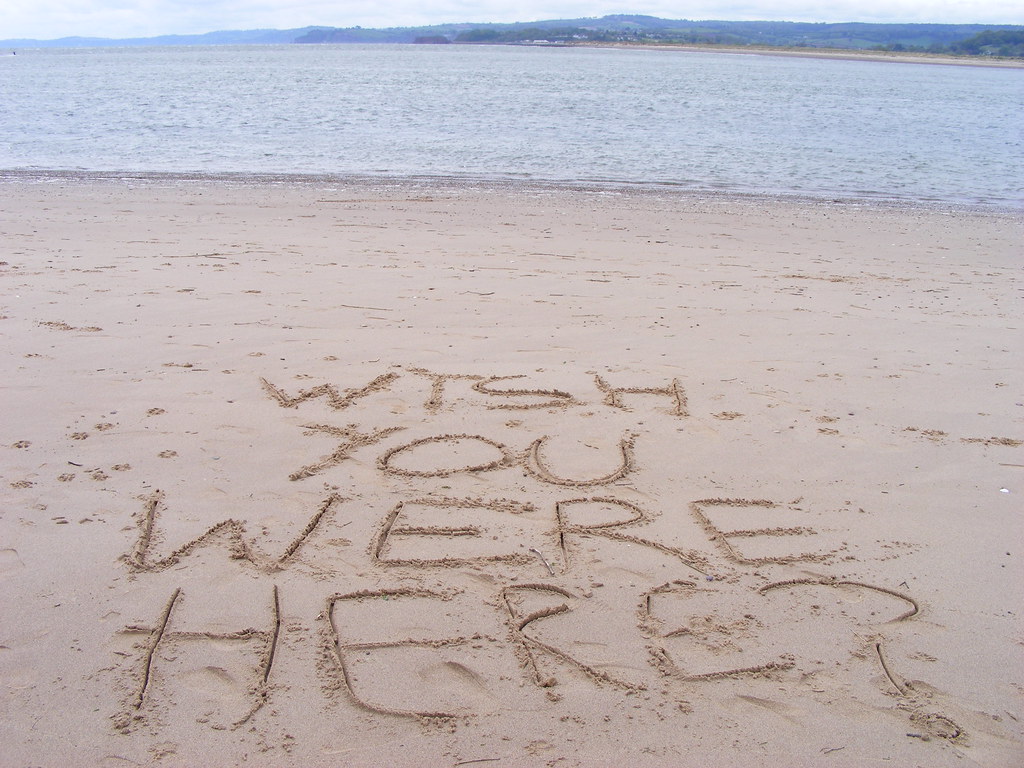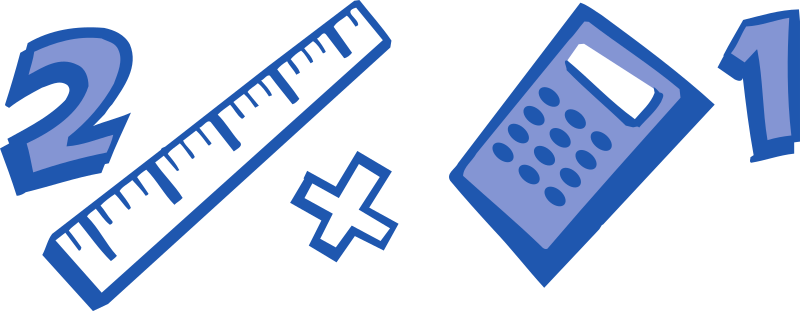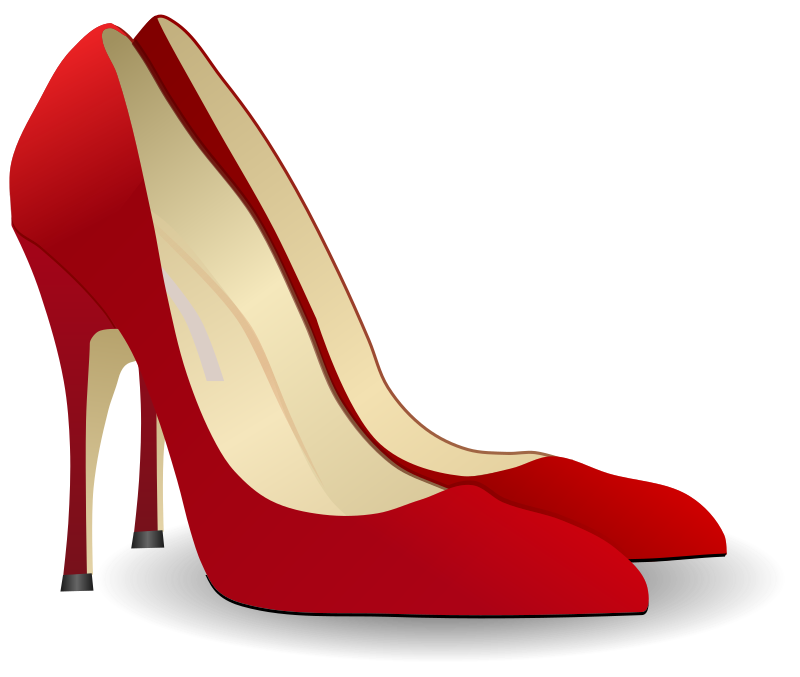In a recent post, I wrote about the importance of setting in books. It wasn't until later that I realized I'd failed to touch on one important aspect of creating a great setting: weather. But I'm glad I did, because weather is an important enough aspect of writing to merit its own post.
And this is it.
A Dark and Stormy Night
If you go looking for writing advice, you'll find lots of authors who say you should never open a book with the weather. I don't agree, and furthermore I find it to be bad advice. Great novels and movies have started with weather.
And even if you don't start with weather, it should always be included when it's appropriate to your setting. Weather is a part of everyone's life, so why not your character's?
The blazing, merciless heat of the sun. The terrible, stinging cold of the rain. Mosquitoes and flies and buzzards screaming overhead. Weather helps make the world what it is, and it will make your books feel much more real.
We've all been hot, or cold, or caught in the rain. We've all walked through snow or sweated it out under the sun. When you add this to your books, it becomes easier for readers to put themselves in your world. Your world feels more like their world. It feels much more real.
So write the weather, whenever and however you like. It will help your books come to life. Just remember to be careful when you're using the weather to orchestrate
certain plot points. When it comes to weather, a light touch here and there is usually enough to set the scene.







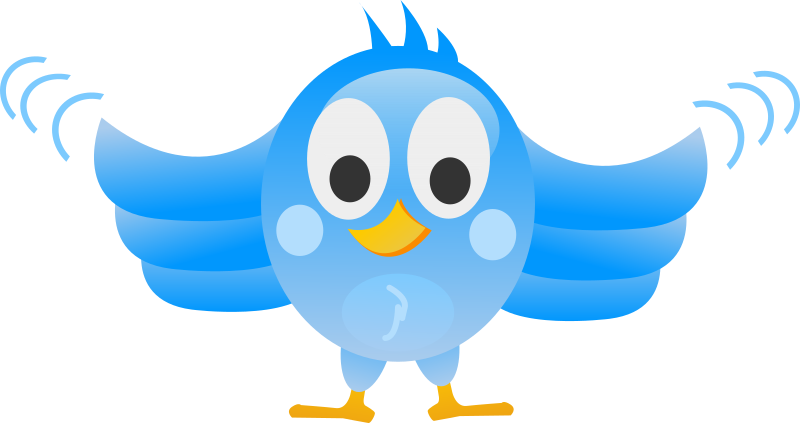



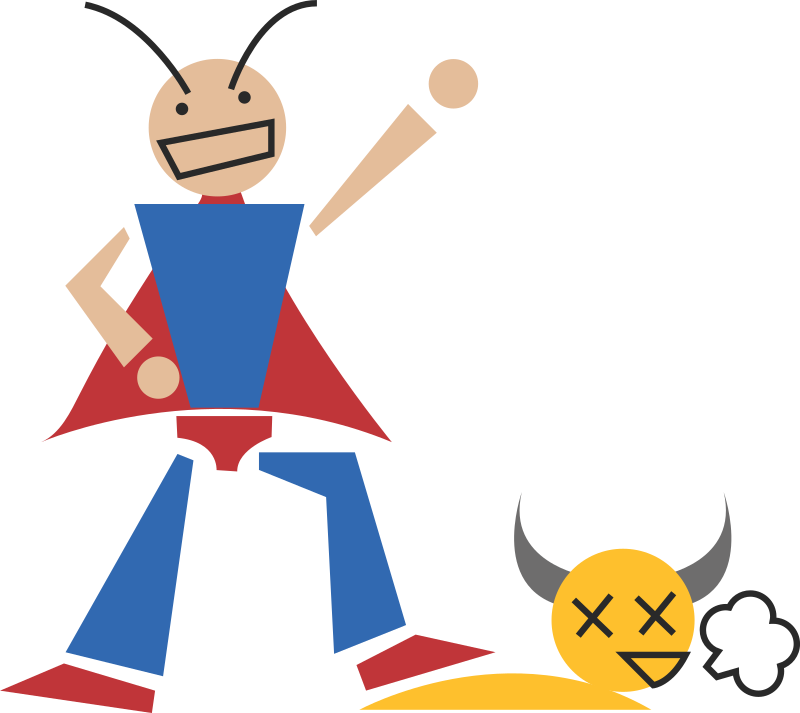

.jpg)



